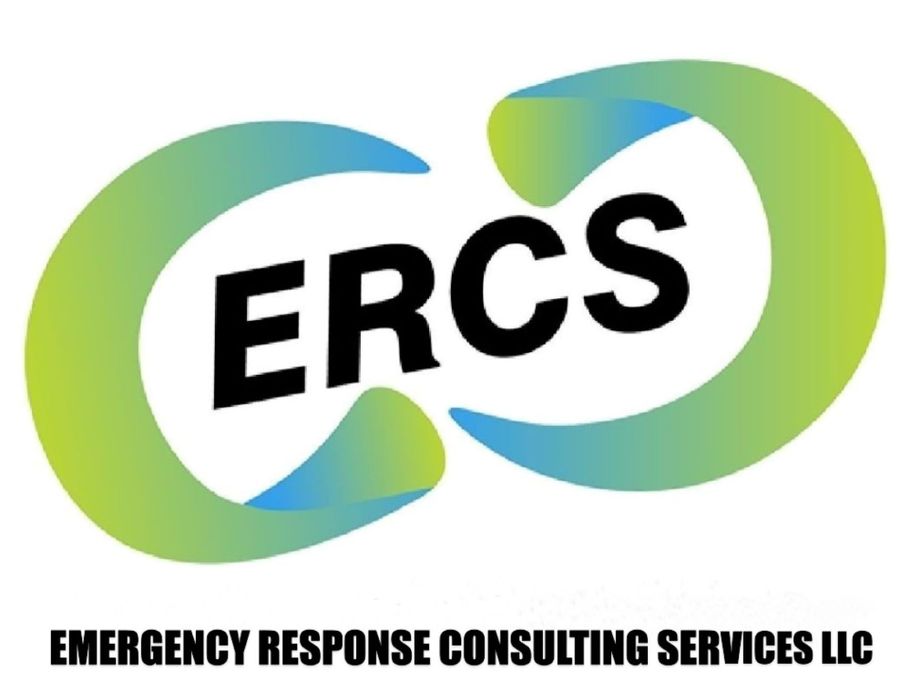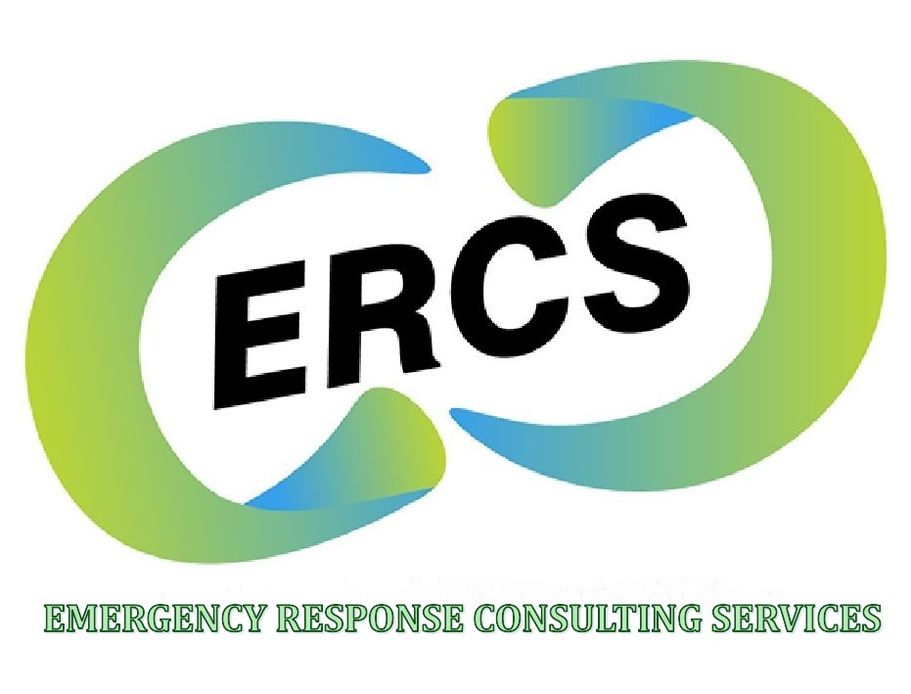
Ph: 786-444-1688
Fax: 305-238-3511
How can ERCS help?
Guide leaders on step-by-step action to take before, during and after an event
Develop a response plan for unexpected situations
Assistance in effective communications with employees
On-site presence to assist employees
Ongoing care for those affected
HERE'S WHAT TO EXPECT:
Upon reaching out to ERCS, employers promptly connect with a seasoned professional possessing critical incident response expertise. This expert conducts a comprehensive assessment of the situation, discerning immediate needs and formulating a plan for the days that follow. An available option involves offering on-site assistance for both employees and managers.
In certain instances, responders may convene with smaller groups of workers (typically two to 12) on a voluntary basis, providing a platform for sharing feelings. Alternatively, responders may engage in one-on-one sessions with individuals who prefer anonymity or feel uncomfortable in group settings.
Depending on the nature and severity of the event, the critical incident responder or response team may arrive on-site within a few hours. However, it's more common to experience a brief waiting period of 24 to 72 hours. Acknowledging that employees may be in a state of shock immediately following a critical incident, the understanding is that interacting with a professional responder immediately might not be beneficial. The responder, depending on circumstances, may stay for several hours, a full day, or sometimes longer.
These licensed clinicians, equipped with critical response training, focus on providing comfort and education during on-site visits rather than offering counseling or therapy. Sessions with employees, sometimes conducted jointly with managers, aim to review common reactions—both emotional and physical—experienced by individuals who have undergone similar events. The goal is to encourage employees to recognize that their reactions are understandable, reasonable, and likely temporary.
SE HABLA ESPAÑOL
Safeguard Your Organization
Optimizing the psychological safety of your employees is essential, especially in the face of potential workplace threats. To do so, here are three important things to keep in mind:
1. Be Prepared
Don’t be taken by surprise. Have risk management prevention strategies in place and vetted behavioral threat experts you can call upon immediately if a threat occurs. Where appropriate, screen and train members of your staff on how to engage support solutions, such as ERCS threat experts.
2. Be Proactive
A workplace violence prevention program can protect your employees from harm and your company from negligence. Be sure to have the appropriate support in place before concerns of violence or actual threats strike. Do not attempt to manage violent threats alone. Call on ERCS for expertise, support, and tools to thoroughly assess risks and provide mitigation if required.
3. Act Immediately
If you spot the signs of potential workplace violence, take immediate action. This cannot be overstated: prepare in advance, know who to call, and develop a strategy to respond instantly. Threats must be taken very seriously and acted upon with speed, proven methodologies, and expert guidance.
Helping People and Organizations Thrive
Don't let the impact of disruption erode the culture you have established. Learn More About ERCS Expert Support.
We need your consent to load the translations
We use a third-party service to translate the website content that may collect data about your activity. Please review the details in the privacy policy and accept the service to view the translations.

